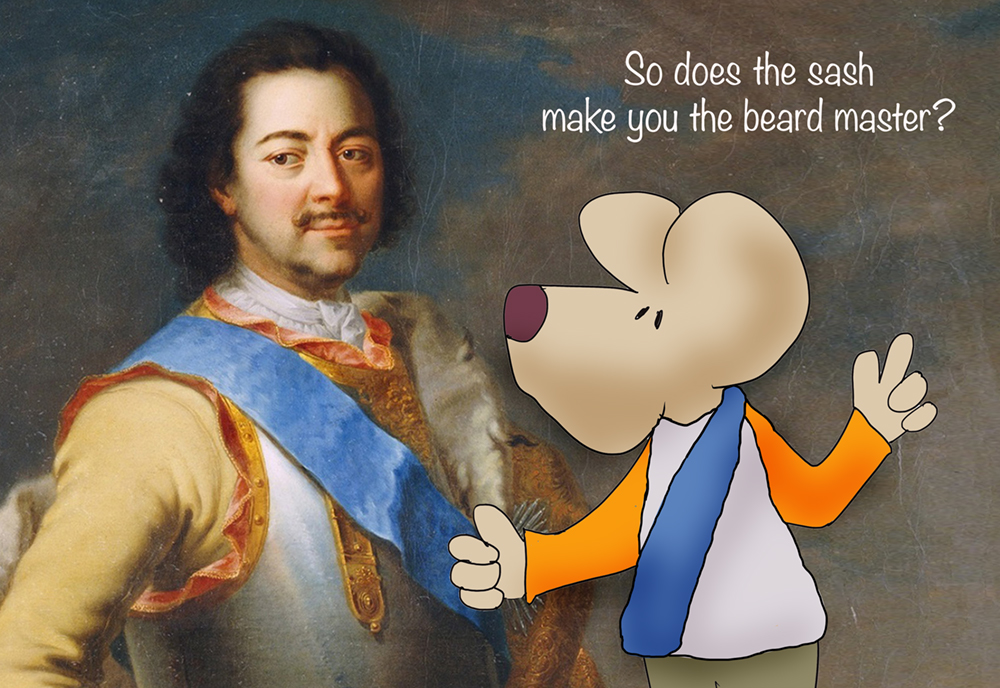I went to a “Freak Show” once. It was at the Ohio State Fair. We were staying in Columbus for a big softball tournament and one of my teammates suggested we go to the State Fair in the evening. I was eighteen years old at the time. I had never been to a county fair, let alone a state fair. Tagged along, I did.
One of the group convinced us we need to see the “Freak Show.” We all bought tickets and went inside the dark tented area. I had no idea what I was about to see. I thought perhaps, there would be knife jugglers or weight lifters. After two or three minutes, I had to leave. It made me so incredibly sad for the circus performers, the “freaks” who I stood face to face with. Me standing there, having paid money to witness their “oddities” in life. It left in me an entire loop of things I can’t unsee.
But one of those people was a bearded lady. I could tell by the look on her face, she hated being there, and she hated us for looking at her. I’ll never forget that either.
Every time I hear a story about a beard, I think of her, but mostly there is a great diversion involved. Such was the case when I found out about Peter the Great, over there in Russia, back in 1698. On this date, he issued a Beard Tax. He was the Tsar, the Emperor, Peter I, also known as “the Great.”
Peter had just toured Europe, and he saw that no one in all the Euro-Land land was wearing a beard. So he went back to freezing cold Russia and decided that men with facial hair must be no more. He instituted a beard tax because he thought the beards made his people look “uncivilized, silly, and ridiculous.” At first, during this beard-banning-taxing scenario, when he put his rule forward, he kept a razor right by his side. Any man with a beard appearing before him, quickly lost those lamb chops, goatees, and chevrons. Peter would shave them right off. It wasn’t much fun for the person standing there, as you might imagine, a rough, dry shave with a metal blade. But apparently, Peter enjoyed this act, so he began performing these “shaves” at balls and banquets too.
The word got out, and many started shaving on their own accord. Peter’s methods were not so kind, as there are accounts of him ripping beards off faces, and on occasion, removing heads altogether. At the very least, he would typically leave their faces “altered.”
He couldn’t shave all of Russia on his own. So the royal ban and tax fell on the land. To enforce the ban on beards, the tsar empowered police to forcibly and publicly shave those who refused to pay the tax.
There was a resistance to going clean-shaven. Many Russian men believed it was a religious requirement for a man to wear a beard. So they paid the tax instead. The taxes varied. If you were a gentleman associated with the Imperial Court, military, or government, you were charged 60 rubles annually. Wealthy merchants were charged 100 rubles per year. And then other townsmen were charged 60 rubles per year. If you were a mere peasant, you go the “two half-kopeks every time you enter a city” deal.
Eventually, the whole tax thing ended in 1772, almost a hundred years later. Peter III was in charge then. The grandson. Maybe he wanted a beard.
Both of these stories are examples of people imposing their will on the lives of others. Such an injustice.
We are all equals in our absolute right to live our lives on this earth. Figuring out where one person’s right to do something, oversteps the rights of another, is turning out to be quite a tricky ordeal.
Human rights are meant to ensure that all people are treated with dignity and equality. These rights should protect us from violence and abuse, in spite of ignorance, and hatred. They are universal and should never be denied. Human rights are about compassion and respect.
I’ve apologized to that bearded lady a thousand times. I hope she is doing things she wants to do these days.
==============
“The rights of every man are diminished when the rights of one man are threatened.” – John F. Kennedy
===========
“There may be times when we are powerless to prevent injustice, but there must never be a time when we fail to protest.” – Elie Wiesel
===========
“Freedom means the supremacy of human rights everywhere. Our support goes to those who struggle to gain those rights or keep them. Our strength is our unity of purpose. To that high concept there can be no end save victory.” – Franklin D. Roosevelt
===============
